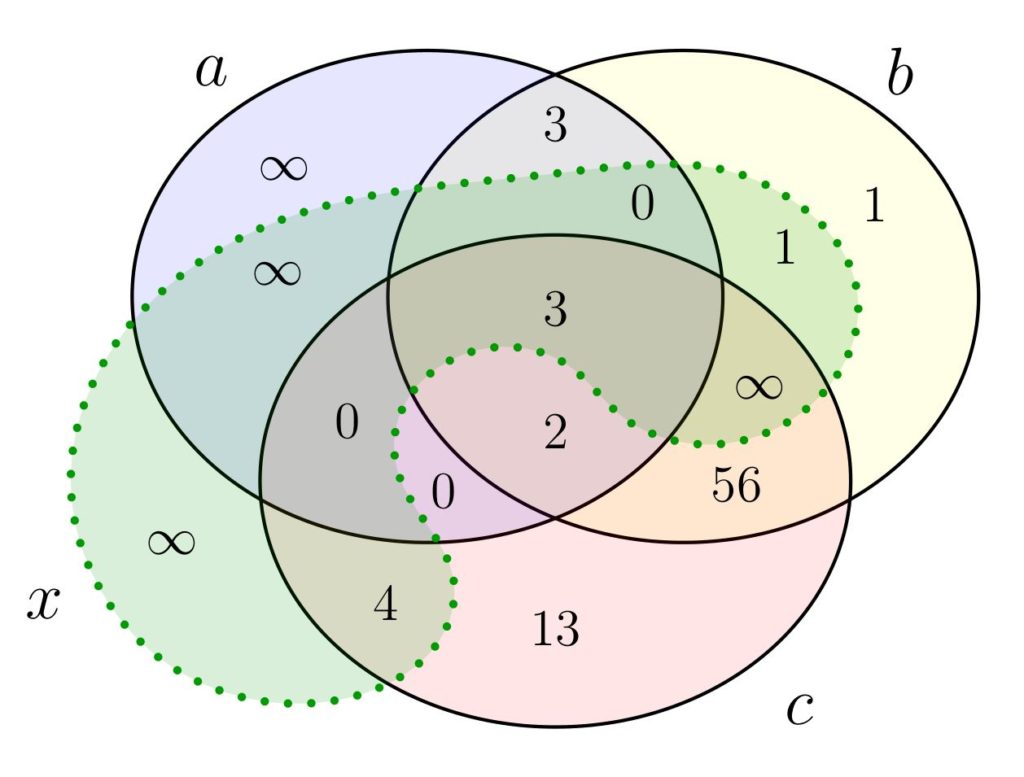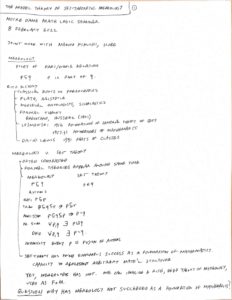This will be a talk for the Mathematical Logic Seminar at the University of Notre Dame on 8 February 2022 at 2 pm in 125 Hayes Healy.

Abstract. Mereology, the study of the relation of part to whole, is often contrasted with set theory and its membership relation, the relation of element to set. Whereas set theory has found comparative success in the foundation of mathematics, since the time of Cantor, Zermelo and Hilbert, mereology is strangely absent. Can a set-theoretic mereology, based upon the set-theoretic inclusion relation ⊆ rather than the element-of relation ∈, serve as a foundation of mathematics? How well is a model of set theory ⟨M,∈⟩ captured by its mereological reduct ⟨M,⊆⟩? In short, how much set theory does set-theoretic mereology know? In this talk, I shall present results on the model theory of set-theoretic mereology that lead broadly to negative answers to these questions and explain why mereology has not been successful as a foundation of mathematics. (Joint work with Makoto Kikuchi)

See the research papers:
- Set-theoretic mereology [bibtex key=”HamkinsKikuchi2016:Set-theoreticMereology”]
- The inclusion relations of the countable models of set theory are all isomorphic [bibtex key=”HamkinsKikuchi:The-inclusion-relations-of-the-countable-models-of-set-theory-are-all-isomorphic”]



This looks like a very interesting talk! Hamkins and Kikuchi’s work inspired the paper (https://arxiv.org/abs/2012.07272) that refines and extends some of their results.
Looks great, Zach, I’ll be sure to mention your results!